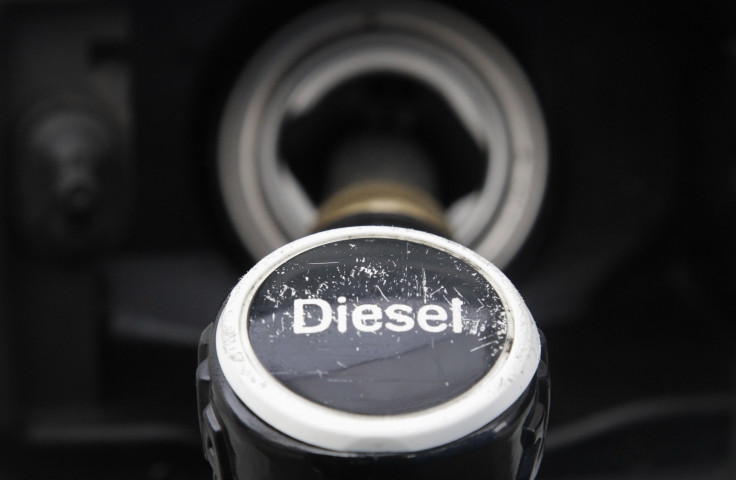Renewable jet fuel from sugarcane cuts greenhouse gas emissions by 80%

Sugar could one day be used as a renewable source of jet fuel that would cut greenhouse gas emissions by over 80%, scientists have announced.
Researchers from the University of California, Berkeley, have devised a method of converting ketones from sugarcane biomass into heavier compounds – and these could be used as aviation fuel, automotive lubricants, and even diesel.
Aviation is a huge source of CO2 emissions. Countries across the world are currently working to curb greenhouse gasses and efforts are being made to introduce more renewables through solar power, electric cars and so on.
However, aviation poses a "unique problem", the authors of the study published in the journal Proceedings for the National Academy of Sciences said. They require oxygen-free compounds meaning options for their replacement are limited.
Study author Alexis Bell told IBTimes UK: "The particular interest is in making aviation fuel because there's really no alternative to aviation fuel. What you need for an aeroplane is a fuel that has a very high energy density - so lots of megajoules per litre - and it can't have any oxygen in it because oxygen takes up space and doesn't contribute to the energy density, it declines it.
"You can't use solar power or electricity or a battery to run a 747 or a 737 or an airbus. Today all jet fuel is made almost exclusively from petroleum but the mandates in the US and Europe are that, progressively, more and more of the aviation fuel will have a biomass component, without specifying how it gets there. We are providing a strategy for getting there."

The scientists developed a strategy that allowed them to take sucrose, derived from the extraction of sugar from sugarcane, into methyl ketones which serve as chemical building blocks.
The team then assembled these building blocks to produce molecules that have the right molecular weight and boiling properties to simulate jet fuel, automotive lubricants and diesel.
"Once you have the fuel it burns in the same way as commercial aviation fuel in the turbine of a jet engine – its function is no different," Bell said. "Its properties are virtually the same as current aviation fuel."
The authors said their strategy provided a new class of compounds that could result in up to 81% reductions of greenhouse gas emissions, "exceeding even those of conventional biofuels such as sugarcane ethanol".
Bell said the production facility for this sort of fuel would look very different to that of a conventional petroleum refinery and that developing this technology commercially will require a push from policymakers and mandates.
Currently, BP is funding the research and will probably first test out the technology in the automotive lubricant sector, before moving into aviation fuel.
"The cost issue is one where any new technology producing a product that already exists is in a cost disadvantaged position. It takes time to drive the price of production down," Bell said.
"What would encourage our sponsor BP to move forward to industrialise this would be the growing mandates plus the fact that they have the patents on this new technology. What I think we'll see is that BP would probably enter this area first to make lubricants because there's a much higher profit margin on lubricants than there is on fuels.
This would put them on the learning curve, because it's the same chemistry used to make lubricants. Then as the demand for green aviation fuel came on, this would probably be the next one. The third in turn would be diesel for long distance trucks."
Researchers are now looking to produce lubricants that could be more efficient than current ones: "This is an exciting time," Bell added.
© Copyright IBTimes 2025. All rights reserved.





















